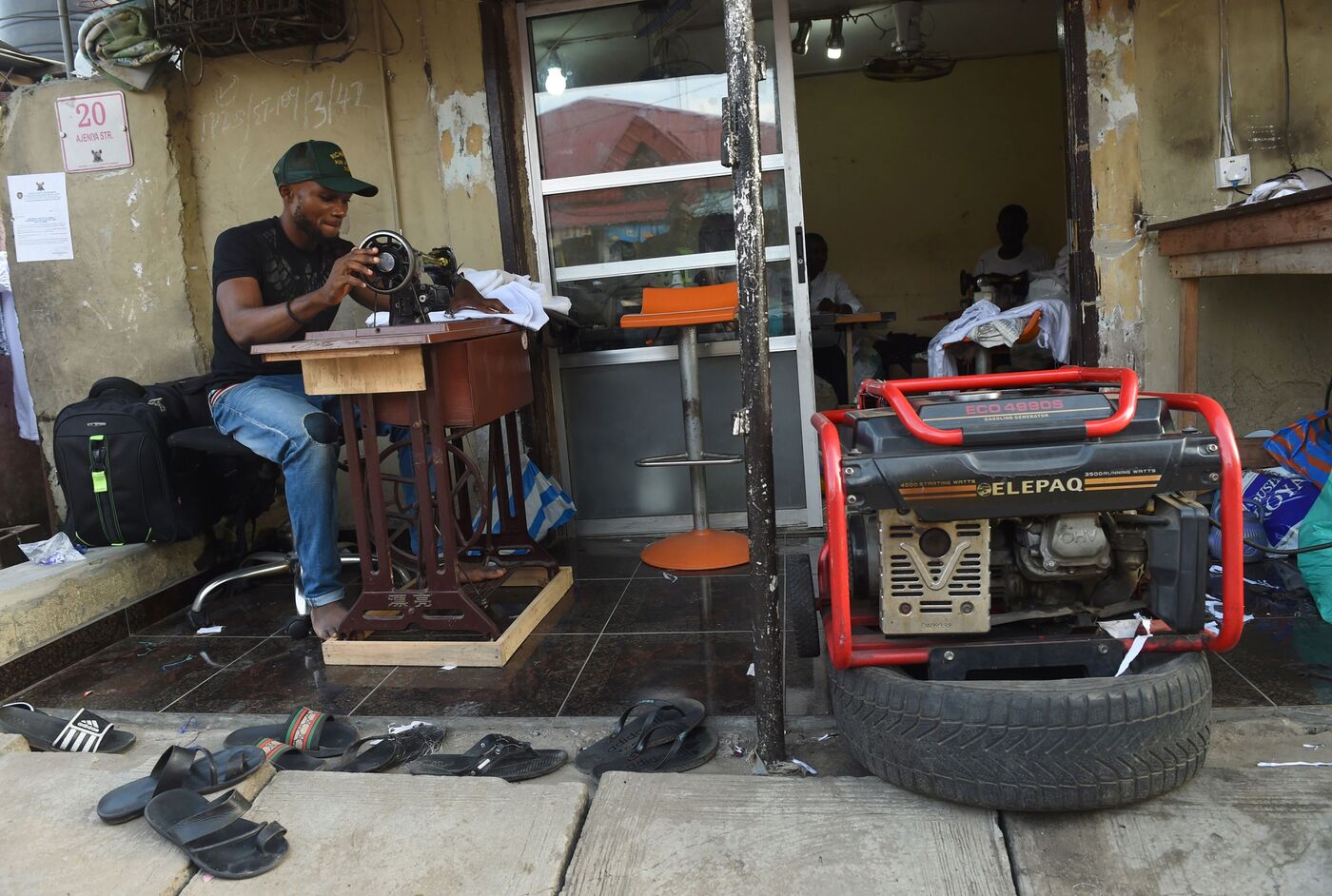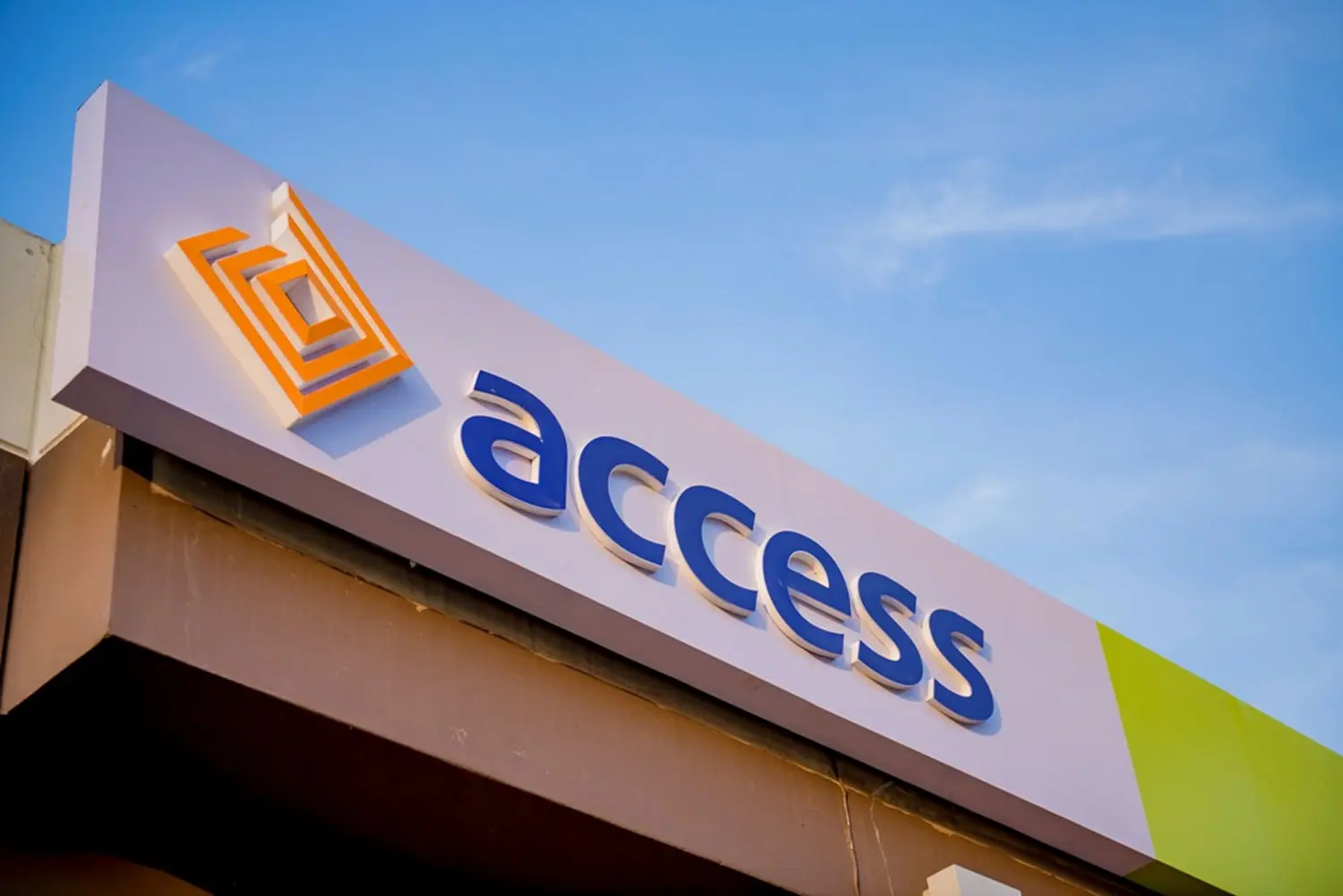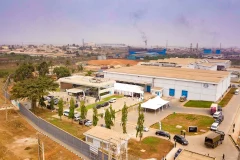The Central Bank’s Monetary Policy Committee (MPC) will hold its next meeting on July 24-25. Experts predict another increase in Nigeria’s interest rate in response to the country’s inflation which hit a seven-year high in June.
The Central Bank of Nigeria (CBN) is likely to increase the country’s interest rate to tame rising inflation. Yesterday, the National Bureau of Statistics (NBS) released the numbers for June 2023, and they don’t look good. Nigeria’s headline inflation hit a seven-year high of 22.79%, driven by a rise in the prices of food. The CBN’s Monetary Policy Committee (MPC) will hold its next meeting on July 24-25 to deliberate on interest rates. Experts who spoke to TechCabal predict that surging prices may force the apex bank to raise the Monetary Policy Rate (MPR) from 18.5% to 19.5%.
Basil Abia, a research and policy consultant, predicts that the CBN will raise the MPR by 100 basis points to 19.5%. “This decision is motivated not only by persistent inflation but also by external pressures from some Foreign Portfolio Investors (FPI) who want to see attractive market yields in Nigeria’s equity markets,” he told TechCabal.
In the past year, CBN has employed the MPR as a tool to tackle Nigeria’s inflation rate which has ironically continued its uptrend. According to Bloomberg, the MPC has raised the rates by 700 basis points since May 2022. But experts have argued that Nigeria’s rising inflation can’t only be solved by raising MPR.
Samuel Oyekanmi, a research analyst, said the current inflation is tied to supply and not demand. “The current inflation is driven by food supply shocks across the country due to the rise in fuel prices. Also, the unification of the exchange rate and naira devaluation have affected the cost of importation,” he told TechCabal.
Read more:
President Bola Tinubu’s economic reforms—such as the removal of fuel subsidies, unification of the exchange rate, and naira devaluation—have triggered price increases in the country. Last week, he declared a state of emergency to address surging food prices. Food inflation was up by 25.25% on a year-on-year basis in June 2023, according to the NBS data.
Where does this leave Nigerians?
MPR is the benchmark interest rate in an economy. It is the rate at which the apex bank lends to commercial banks and often determines the cost of funds in the economy. So, increasing the MPR, while aiming to address inflation, would have some unintended negative consequences for the Nigerian economy.
According to Abia, one such consequence is the restriction of credit availability within the banking system, which would limit the borrowing capacity of the private sector, especially small and medium enterprises (SMEs). “This will put additional financial pressure on SMEs and consumers who are everyday Nigerians. This pressure will potentially lead to higher prices for goods and services, affecting the overall cost of living for individuals and the operational costs for businesses,” he added.
Oyenkanmi shares a similar view. If interest rates are going up, some people might not be able to meet their debt obligations to the banks. “The CBN must be considerate in their approach and take lessons from other countries of the world where banks were declared bankrupt because of multiple interest hikes by their various central banks,” he told TechCabal.






















